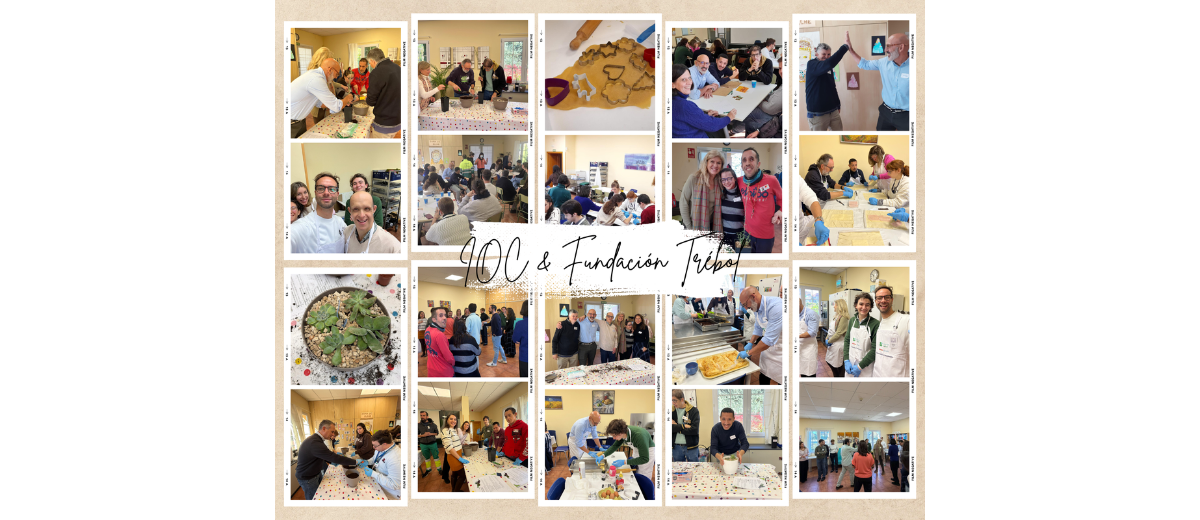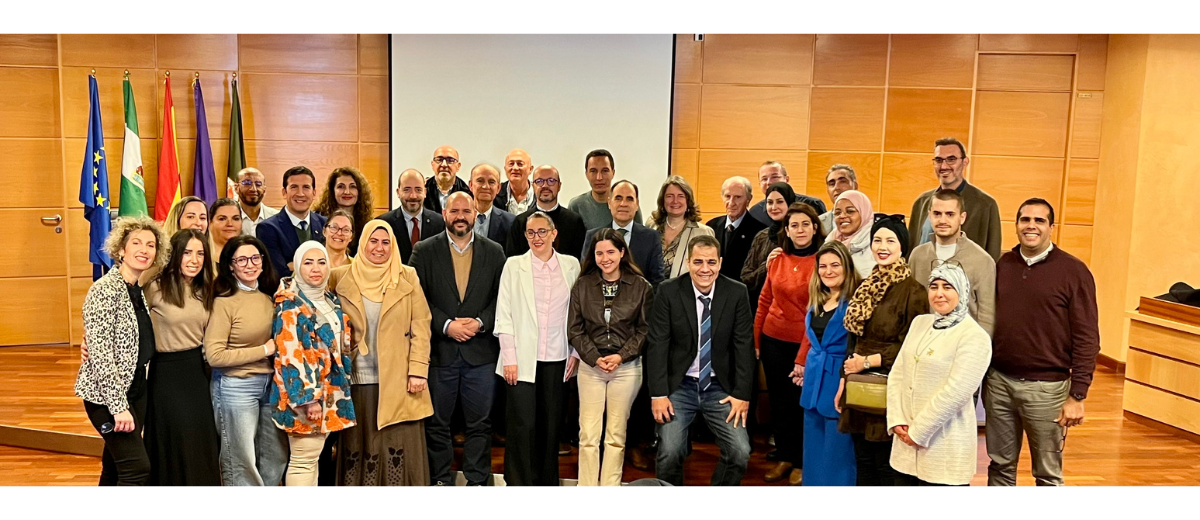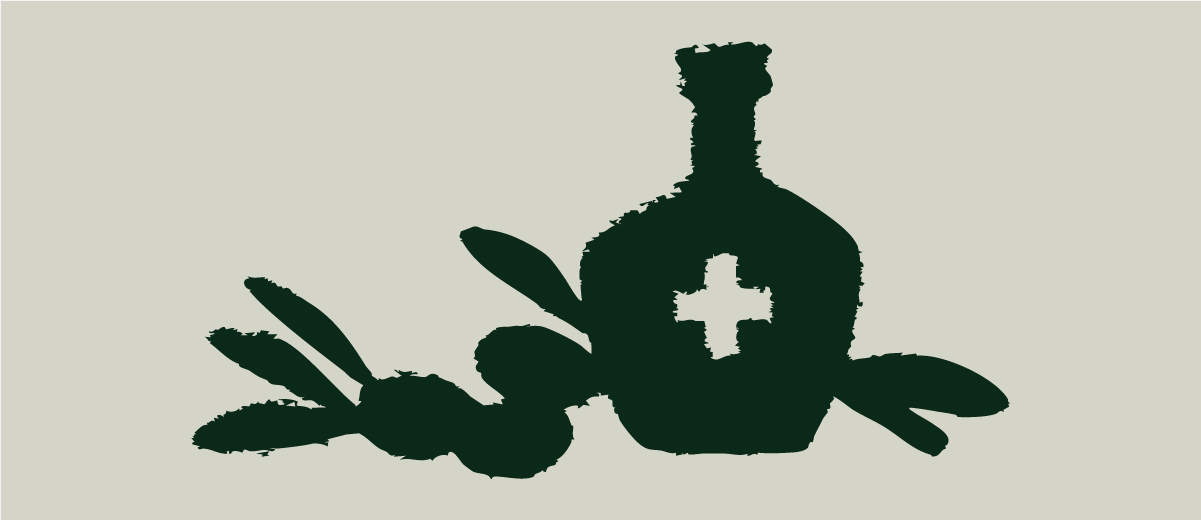The newsletter of the University of Navarra and the IOC dedicated to health
It is widely acknowledged that a proper diet during pregnancy has important benefits for the woman and her offspring. Nevertheless, limited research has investigated the impact of a healthy lifestyle during pregnancy on the postpartum period. The GESTAFIT project is an intervention study that aimed to investigate the effects of an exercise program during pregnancy on postpartum body composition, and whether these effects are influenced by following a healthy dietary pattern, specifically the Mediterranean diet (MedDiet). The exercise intervention consisted in supervised concurrent (aerobic + resistance) exercise sessions, three days a week throughout pregnancy. The results showed that the exercise group had lower postpartum body mass index and gynecoid fat mass compared to the control group. Additionally, adherence to the MedDiet during pregnancy positively moderated the effects of exercise on postpartum lean mass, fat mass percentage, android fat mass, and android-to-gynecoid fat mass. This study suggests that combining exercise with an optimal MedDiet adherence during pregnancy may promote a healthier body composition postpartum.
In line with this combined analysis of diet and exercise, an intervention study demonstrated that a Mediterranean-style diet, supplemented with whey protein and combined with regular physical activity, can positively affect body composition, blood glucose regulation, and insulin sensitivity in individuals with prediabetes and type 2 diabetes (T2DM). The intervention was effective in improving markers of glycemic control in participants with pre-diabetes and T2DM, while also having a significant impact on body composition and adiposity in metabolically healthy overweight participants, aiding in the management and prevention of T2DM.
In recent years, scientific advances have led to increased life expectancy and an ageing population. Consequently, chronic and degenerative diseases are becoming more prevalent. Several studies have aimed to prevent or improve the cognitive decline associated with ageing. In this context, researchers have investigated the effects of the MedDiet on cognition. An illustration of this is a case-control study that aims to develop a Mediterranean diet-based metabolomic score (MDMS) and investigate its association with cognitive decline (CD) in older adults. The MDMS is designed based on serum biomarkers related to the MedDiet’s key food groups. The MDMS was found to be inversely associated with CD indicating that a greater adherence to the MedDiet is associated with lower odds of cognitive decline in older adults.
Lastly, it is noteworthy to mention a review that analyzes the impact of olive oil, the principal constituent of the MedDiet, on cognitive impairment. This systematic review observed a positive correlation between olive oil intake and improved cognitive performance in older individuals. Additionally, regularly incorporating olive oil in one’s diet may potentially decrease the risk of long-term cognitive decline. Therefore, it is highly recommended to consume olive oil regularly as a strategy to boost cognitive function and to delay or prevent the onset of cognitive disorders.
Click HERE to see the latest posts…









